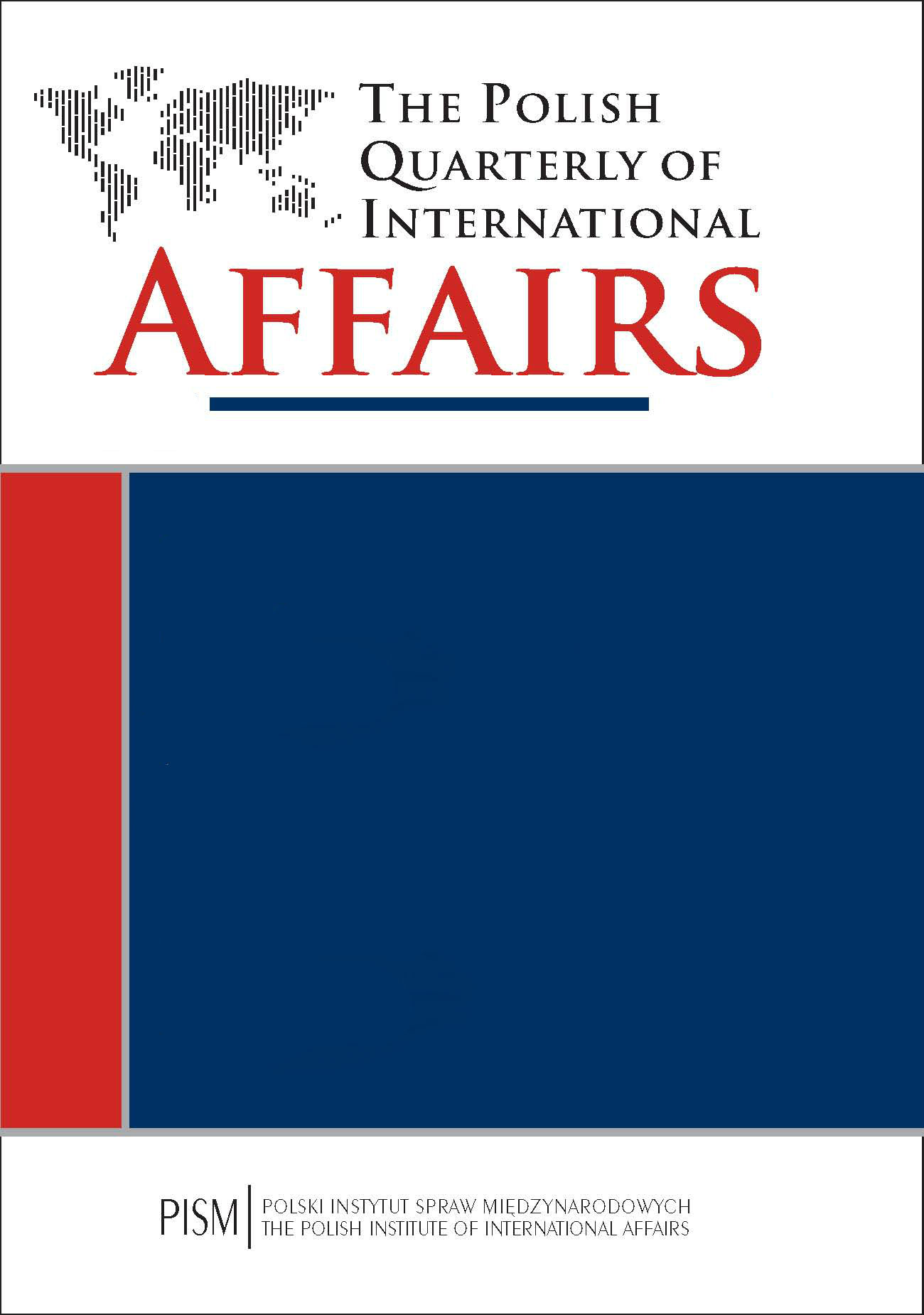The Three Logics of EU Decision-making
The Three Logics of EU Decision-making
Author(s): Barbara CuryłoSubject(s): Politics / Political Sciences, Politics, EU-Approach / EU-Accession / EU-Development
Published by: PISM Polski Instytut Spraw Międzynarodowych
Keywords: eu;
Summary/Abstract: EU decision-making has always been criticised, mostly due to its complexity. Nowadays, especially with regard to several crises Europe is facing, the criticism is overwhelming. However, such criticism is rarely accompanied by an even superficial attempt to explore EU decision-making and its specificity, which can briefly be described as multi-level, multi-faceted, and complex. The purpose of this article is to present and analyse decision-making in the European Union through the prism of three logics of political action often used in international relations, the logic of consequentiality, the logic of appropriateness and the logic of justification. These examine the motives, behaviour and goals of players who influence decisions. The main thesis of this article is that the specifics of the EU decision-making mean that each of the logics is reflected even in terms of single issues. This results in the fact that the European Union, in terms of its decision-making, remains a sui generis structure, with a mode of decision-making incomparable to other international structures. Analysis of EU decision-making through the prism of the three logics also gives a research perspective to help understanding of specific EU decisions in different integration and international contexts.
Journal: The Polish Quarterly of International Affairs
- Issue Year: 25/2016
- Issue No: 3
- Page Range: 45-60
- Page Count: 16
- Language: English

